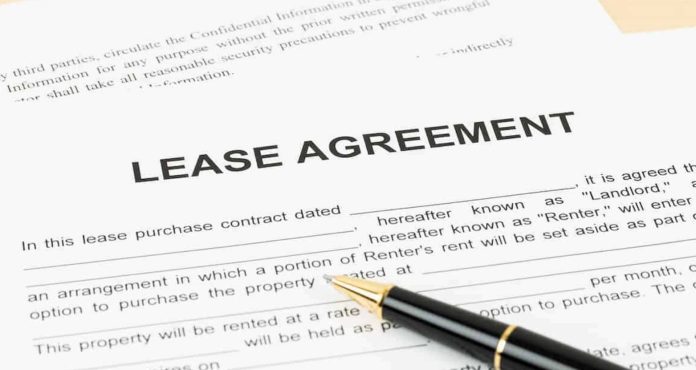Renting an apartment or house provides flexibility and convenience for many individuals, but there may come a time when you decide to pursue homeownership. Breaking a lease to buy a home can be daunting, but with careful planning and understanding of your options, it is possible to navigate this transition successfully.
When a renter decides to break a lease, they may face several potential consequences. These consequences are influenced by the terms outlined in the lease agreement and the jurisdiction’s laws where the property is located. Understanding these potential outcomes can help renters make informed decisions and plan accordingly.
Consequence of breaking a lease
Financial obligations
Joseph Melara, a Managing Broker and the owner of Residential Brokers, explains,
“Financial obligations are one of the primary consequences of breaking a lease.”
Renters may be responsible for paying the remaining rent for the lease term or a portion thereof, as specified in the lease agreement. This can result in significant financial penalties, especially if the remaining lease term is substantial. Additionally, landlords may be entitled to retain the security deposit to cover unpaid rent or damages resulting from the lease termination.
Legal action
In John Webster’s words, a real estate agent and founder of Starlinkzone:
“Legal action is another possible consequence of breaking a lease. Landlords can take legal action to recover unpaid rent or damages incurred due to the lease termination”.
They can file a lawsuit in small claims court or hire collection agencies to pursue the debt. This legal process can be time-consuming and stressful and may result in additional costs for the renter, such as court or attorney fees.
Renter’s rental history
Emrah Akdeniz – Chief Sales Officer at Workhy, shared,
“Breaking a lease can also impact a renter’s rental history.”
When future landlords conduct background checks or request references, a history of lease violations can raise concerns and make it more challenging to secure rental properties in the future. Renters must consider the long-term implications of breaking a lease, as it may affect their ability to rent desirable properties or negotiate favorable rental terms.
Strategies for Renter on breaking their lease
Despite these potential consequences, there are strategies that renters can pursue to navigate the situation more effectively. Reviewing the lease agreement thoroughly is crucial to understanding the terms and conditions regarding lease termination. This includes examining early termination, subletting, or lease assignment provisions. By understanding the rights and obligations outlined in the lease agreement, renters can better assess their options.
Open and honest communication
Open and honest communication with the landlord or property manager is also important. Renters can initiate a dialogue to explore potential solutions by explaining the reasons for breaking the lease, said Joseph Melara, a Managing Broker and the owner of Residential Brokers. In some cases, landlords may be willing to negotiate a mutually agreeable arrangement, such as allowing early termination with some financial considerations or finding a replacement tenant. Offering to actively search for a qualified replacement tenant or proposing a subletting arrangement can demonstrate goodwill and help alleviate the landlord’s concerns about potential financial losses.
Consult local laws and regulations
Renters should also consult local laws and regulations governing landlord-tenant relationships. Each jurisdiction may have specific provisions that provide renters with certain protections or options for breaking a lease. “Awareness of legal rights can help renters navigate the process more effectively and understand the available recourse,” added John Webster’s, a real estate agent and founder of Starlinkzone.
Seeking legal advice from a lawyer
In complex situations or when facing difficulties in negotiations, seeking legal advice from a lawyer specializing in landlord-tenant law can be beneficial, said Emrah Akdeniz – Chief Sales Officer at Workhy. They can provide guidance based on the specific circumstances and applicable laws in the renter’s area, ensuring their rights are protected and helping them explore all possible options.
When breaking a lease, renters must act in good faith and follow proper procedures. This includes providing appropriate notice to the landlord, adhering to any specific requirements outlined in the lease agreement or local laws, and maintaining open lines of communication throughout the process. By doing so, renters can minimize the potential consequences and work towards a fair resolution for both parties involved.
Disclaimer: This article contains sponsored marketing content. It is intended for promotional purposes and should not be considered as an endorsement or recommendation by our website. Readers are encouraged to conduct their own research and exercise their own judgment before making any decisions based on the information provided in this article.



































